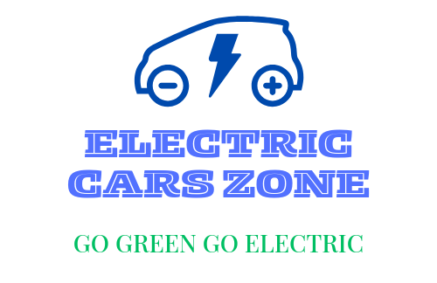The rise of Electric Cars: An overview
An overview of the rise of electric cars
The automobile sector has seen an incredible revolution recently, one that could alter how we drive and view transportation. Once seen as a fringe idea, electric cars have become a powerful force that is changing the way people travel and how we think about the environment. The emergence of electric cars will be thoroughly reviewed in this blog, along with their progress, benefits that are and bright future.

Early Breakthrough to Huge Appeal
Electric cars have been around for more than a century; they are not a recent invention. Electric cars coexisted with automobiles powered by gasoline in the late 19th and early 20th centuries, and they even had some advantages like zero emissions and smoother operation. Early battery manufacturing had disadvantages as well, including low operating distances and protracted recharge times, which prevented its general use.
In the twenty-first century, electric cars have successfully returned. The revival is largely due to improvements in battery technology, financial support from the government, and rising environmental awareness. Electric cars are already being designed by companies like Tesla, Nissan, and Chevrolet that not only match but frequently excel their gasoline-powered competitors in terms of performance,range,and style.
Environmental Advantages
The advantages of electric cars for the environment are among the most persuasive arguments for the rise in their popularity. Traditional cars with internal combustion engines release toxic emissions into the environment as they use fossil fuels, which contributes to air pollution and climate change. On the other hand, electric cars are propelled by electricity, which may be produced from renewable resources like hydropower, solar energy, and wind. Since they have no emissions from their tail pipes, they are a cleaner and more environmentally friendly option.
Additionally, compared to gasoline-powered vehicles, electric cars are naturally more energy-efficient. Less energy is wasted and less energy is used overall because they put a higher percentage of the energy from their power source into motion.
Economic Benefits
Electric cars provide various financial benefits in addition to their positive effects on the environment. Electric car can cost more to buy initially than traditional automobiles, but they have lower operational costs as a result. In general, electricity is less expensive than gasoline, and since electric cars have fewer moving components, maintenance costs are lower over time.
Governments all over the world are also providing incentives to promote the use of electric cars. Electric cars are becoming a financially viable option for consumers thanks to incentives including tax credits, rebates, lower registration fees, and access to shared transportation lanes.
Innovation in Technology
Electric cars are at the cutting edge of technological advancement in addition to being cleaner. Particularly in the area of batteries, substantial advancements have been made. Longer lifespans, amazing ranges, and quick charging are all features of contemporary electric car batteries. Electric cars are becoming increasingly useful for everyday use as a result of this continual progress, which is propelling the field of electric cars forward.
Additionally, autonomous driving technology is being made possible by electric cars. The foundation for self-driving cars, which promise improved safety and convenience, is laid by the fact that a lot of electric cars are fitted with cutting-edge driver support technologies.
The Future Route
Electric cars have an unquestionably bright future. We may anticipate significantly greater ranges, quicker charging times, and more cheap electric cars as battery technology develops further. Solid-state batteries, which have a higher energy density and better safety, might completely transform the sector.
Additionally, the market for electric cars is not just confined to passenger cars. Electric cars are being developed for buses, lorries, and even airplanes, demonstrating the adaptability of electric power and its potential to lower emissions across a range of transportation sectors.
Conclusion
Our shared commitment to a more sustainable and environmentally responsible future is evidenced by the rise of electric cars. In comparison to conventional gasoline-powered cars, these cars offer a greener, more efficient, more technologically advanced alternative. Electric cars are positioned to become a vital part of our daily lives thanks to continued breakthroughs in battery technology, assistance from the government, and customer enthusiasm.
Electric cars are more than simply a fad; as their popularity grows, it becomes evident that the automobile industry is undergoing a fundamental transformation. We are decreasing our carbon footprint and advancing innovation in transportation by adopting electric cars. Although there may be obstacles along the way, electric cars are making their way forward with tenacity and creativity.
